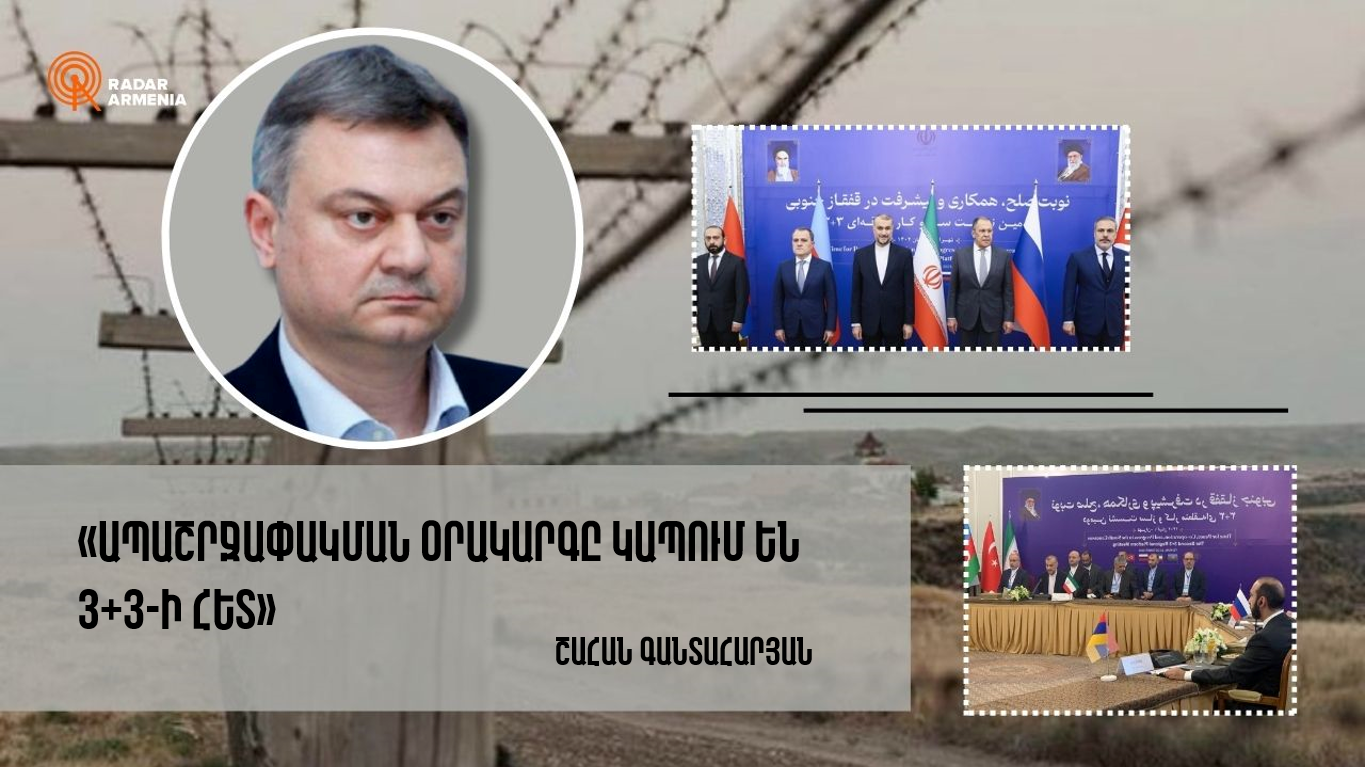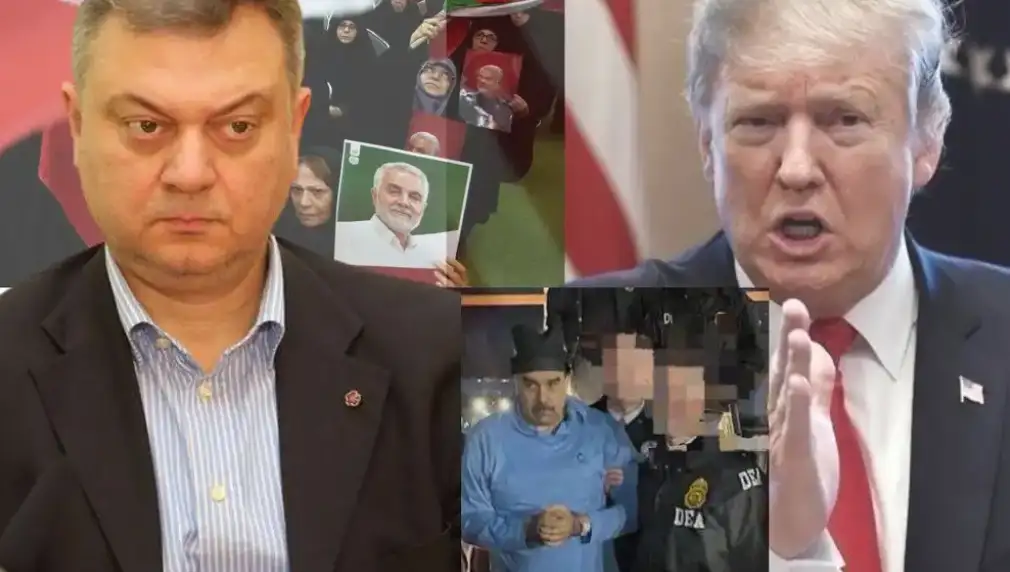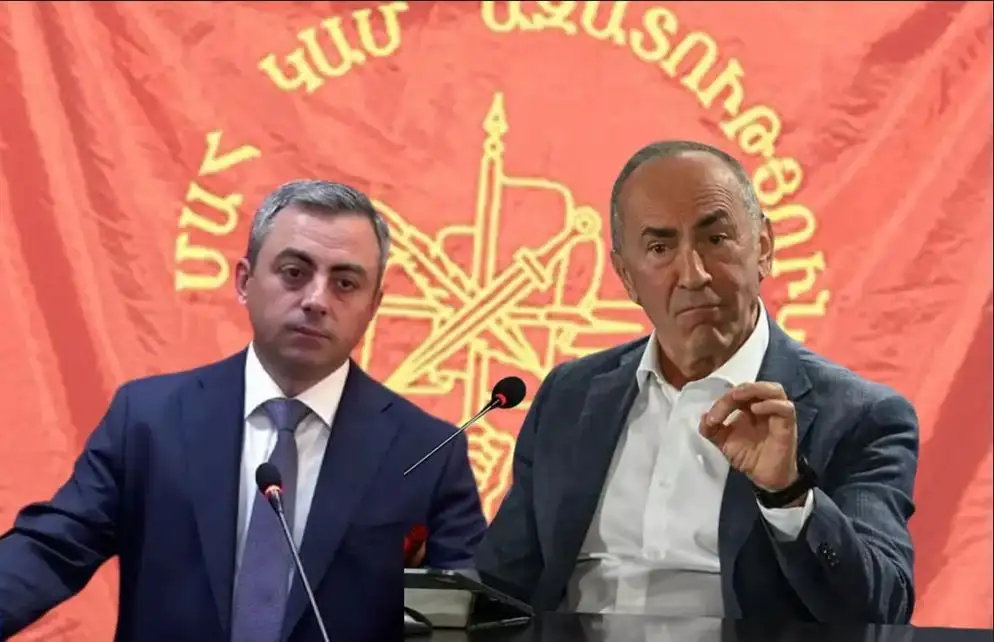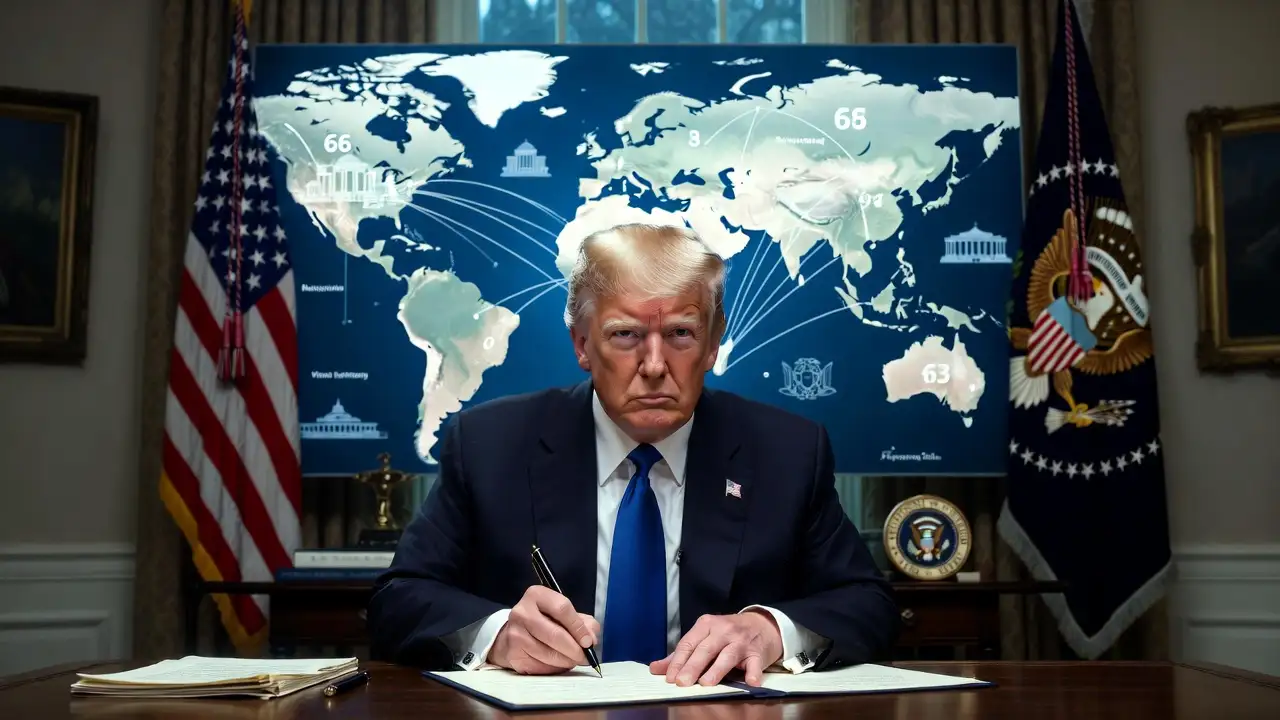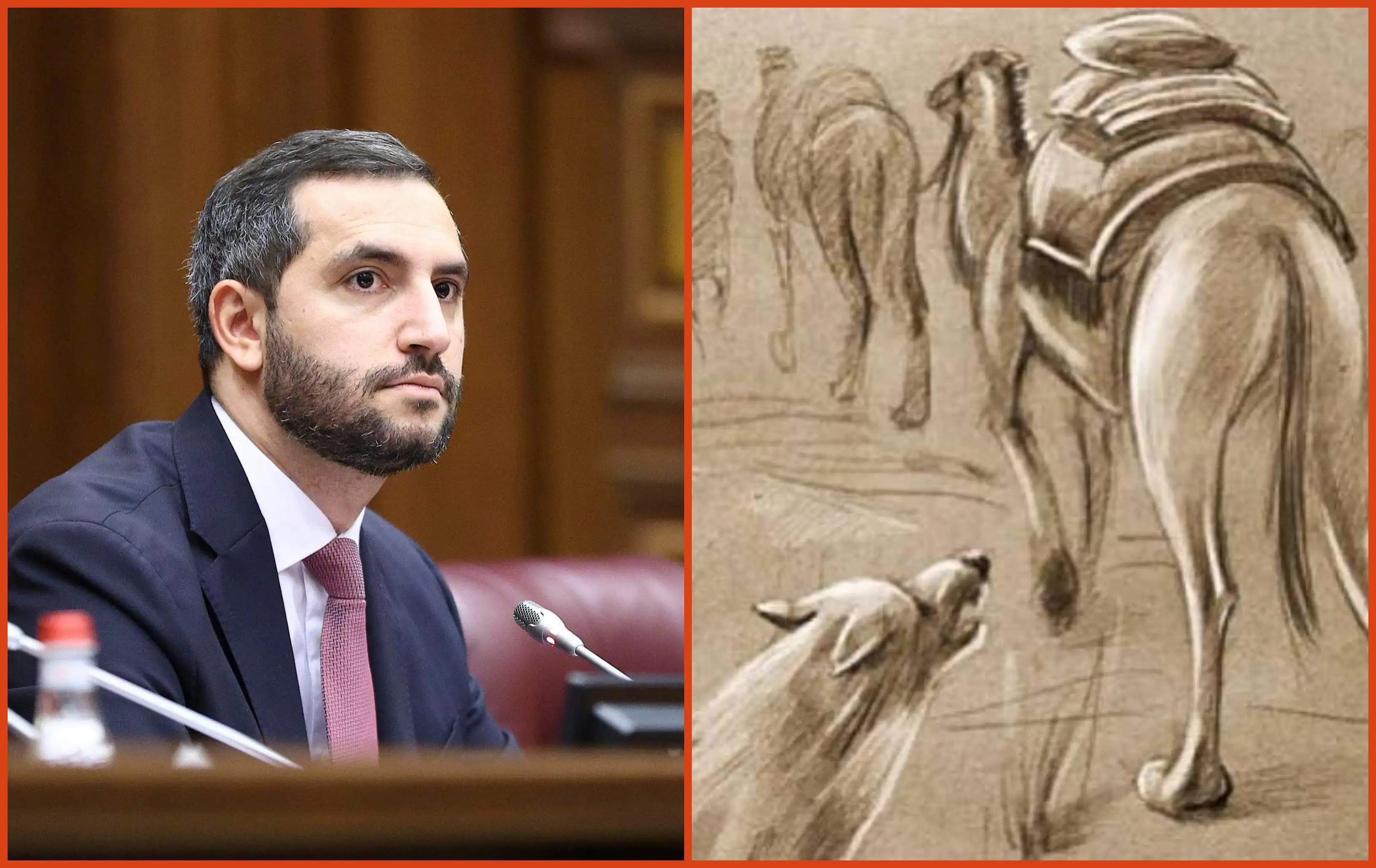Radar Armenia's interlocutor is Shahan Gantaharyan, an international scholar.
- Iran's Foreign Minister Seyed Abbas Araghchi stated that any threat to the territorial integrity of the neighbors or the redrawing of borders is unacceptable and is a red line for Iran. In your opinion, why does the Iranian side regularly make such statements? Do you see such threats at the moment?
- Iran's position is reaffirmed on every occasion. Over time, that position has included three main components. First, Iran will not accept a change in its centuries-old border with Armenia. Secondly, it will not tolerate a shift in the region's geopolitics; thirdly, it is against a change in the demographic picture in the area. There are many positions here. All this means that Iran is against the extraterritorial corridor because it implies the deployment of non-Armenian forces; it is against the leading players changing the situation in its border regions. Equally remarkable is the third component, which indirectly talks about Baku's demand for the return of Azerbaijanis to Armenia or "Western Azerbaijan." The main message of these statements is that there will be no agreement to lift the embargo without Iran's involvement.
- As President Vladimir Putin announced during the Eastern Economic Forum, Iran has long asked Russia to supply gas. In your opinion, how realistic is this project, and what will this deal change in regional politics?
- The issue depends on the folds of US-Iran rapprochement, US-Russian blockade, and isolation geopolitics. Tehran is gradually and reciprocally approaching the West. The international embargo against Russia is moving at a faster pace. Iran is trying to implement a balanced policy. However, the general trend is to bridge Iran with the West. Under these conditions, large-scale transactions will not be carried out between Iran and Russia.
- Moscow also announced that it has not given up the role of mediator in the negotiations between Yerevan and Baku. However, is this possible, or is it possible to reach an agreement in a more bilateral format?
- The knot refers to point 9 of the November announcement. In essence, that consent has been revoked. 8 of them are outdated, and 9 have acquired such a geopolitical dimension that they will not be dealt with only through the mediation of Moscow. That is why they are trying to bring 3+3 to the agenda again. One of the inhibiting reasons was Georgia. In this regard, the results of the Georgian parliamentary elections will be significant.
Hayk Magoyan




